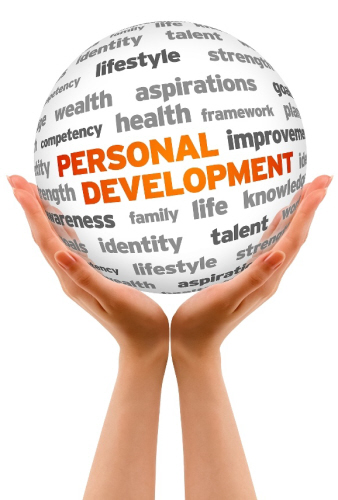How To Create Your Personal Development Plan
16 November 2015This Guide is designed to help you set a personal development plan, and steer your own development.
Personal development is defined as:
“the development of yourself, by yourself, through a deliberate process of learning from experience.”
It is most effective when development needs are clearly assessed, activities are planned, and a structured process is followed for their implementation. This section of the Guide is designed to help you construct a clear, individually tailored development plan which will give you the best opportunity for reaching your development goals.
How To Create Your Personal Development Plan
Identifying Your Development Needs
Feedback from Colleagues
Effective development starts with a sound assessment of development needs, which in turn enables plans to target specific areas of behaviour where change is required. Useful sources of information to help assess your development needs could include:
- A recent performance review;
- Feedback from a manager, colleague, peer or staff member;
- Input from a coach or mentor;
- A self-evaluation of strengths and weakness, or career aspirations; or,
- Feedback following a job interview.
If you have already received very specific feedback from one of these sources then you may well be able to use that information directly in your development plan.
However, if the feedback you have received is vague, or you are unclear to which competency it relates, or if you do not understand or accept the feedback, then it may be helpful to go back to the person who initially provided that feedback (providing it is feasible to do so) and ask them to clarify and elaborate on their observations. It is important to do this constructively, stressing that your aim is to understand and learn from their feedback to help guide your future development, rather than to challenge it. During this discussion, consider asking the following kinds of questions:
- Can you tell me exactly what I did to leave you with that impression of me?
- What was the exact situation that I was in when you made that observation?
- What did I do that you feel was less effective?
- Why do you feel that it was less effective?
- What do you feel I could have done instead?
- How do you feel that I could best develop my behaviour in this area?
Even if you feel that the feedback is unfair, it is best not to challenge it. The aim here is to learn how your behaviour is perceived by others, even if you feel the feedback provider has misread your intentions. Remember that input from others which challenges your own self-perceptions can be extremely valuable in opening you up to new developmental opportunities that you have not previously recognised.
Self-Evaluation
In addition to the feedback that you may receive from others, it is helpful to complement this with a self-evaluation of your development needs. You will benefit from acknowledging your own weaknesses so that you can actively plan for how you intend to overcome them.
